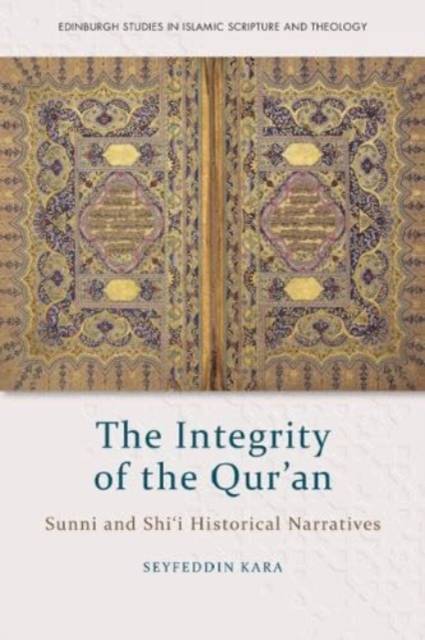
- Afhalen na 1 uur in een winkel met voorraad
- Gratis thuislevering in België vanaf € 30
- Ruim aanbod met 7 miljoen producten
- Afhalen na 1 uur in een winkel met voorraad
- Gratis thuislevering in België vanaf € 30
- Ruim aanbod met 7 miljoen producten
Zoeken
€ 177,45
+ 354 punten
Uitvoering
Omschrijving
This book investigates Muslim narratives on Qurʾanic distortion through a meticulous analysis of hadith. Using isnād-cum-matn analysis, Seyfeddin Kara discovers the historical origins of this disputed claim and illuminates the dynamic interplay between Sunni and Shiʿi traditionists. He demonstrates that isnād-cum-matn analysis is not only an important tool for dating hadiths but also crucial for uncovering forgeries. By identifying the individuals responsible, he provides new explanations of forgery culture in early Muslim society. Kara illuminates debates over the textual integrity and evolution of the written Qurʾanic text, offering insights into the enigmatic early history of Islam. By pushing the boundaries of isnād-cum-matn analysis, this book makes methodological advancements in the study of early Islamic history and contributes to its reconstruction on the question of the canonised Qur'an's integrity.
Specificaties
Betrokkenen
- Auteur(s):
- Uitgeverij:
Inhoud
- Aantal bladzijden:
- 280
- Taal:
- Engels
- Reeks:
Eigenschappen
- Productcode (EAN):
- 9781474462235
- Verschijningsdatum:
- 31/07/2024
- Uitvoering:
- Hardcover
- Formaat:
- Genaaid
- Afmetingen:
- 156 mm x 234 mm
- Gewicht:
- 566 g

Alleen bij Standaard Boekhandel
+ 354 punten op je klantenkaart van Standaard Boekhandel
Beoordelingen
We publiceren alleen reviews die voldoen aan de voorwaarden voor reviews. Bekijk onze voorwaarden voor reviews.








